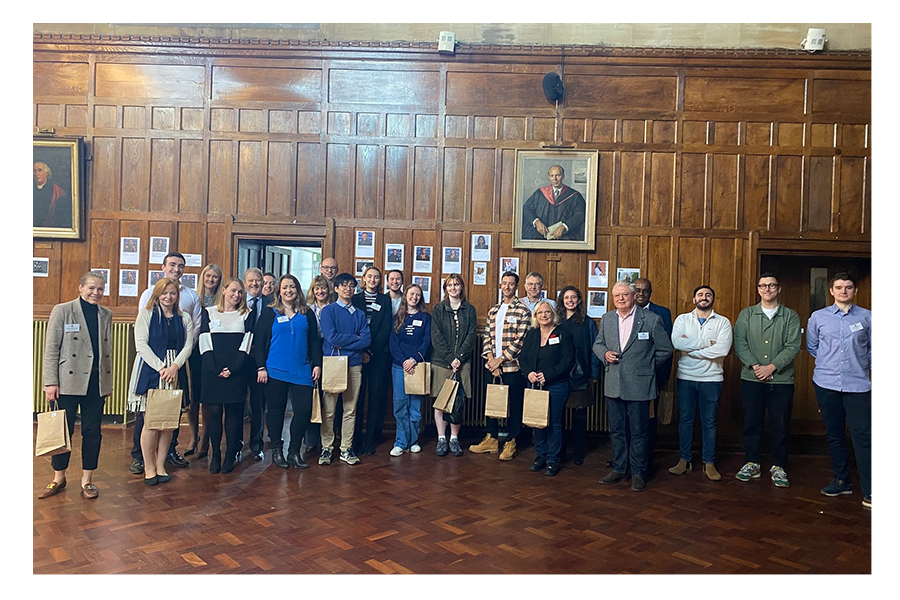Developing transferable skills for the workplace whilst still at school can prove invaluable. The team at Lancing College offers this advice
Employers often talk about the shortage of transferable and work-ready skills when young people join them directly from school or university. But this can be confusing for first-time applicants; What do they mean and how do I acquire these? While good academic grades are of course essential, employers are looking for much more than this. An ability to articulate additional skills relevant to the workplace will more likely secure an interview and ultimately, the job.
Transferable skills are just that: the skills that you use in every job, no matter the field or the title. Some transferable skills are ‘hard’, like coding or data analysis, and some are ‘soft’, like communication, relationship building, and teamwork. Think of transferable skills as things that can be developed throughout the school years through volunteering, local clubs, work experience and internships. They are the skills that you use in any professional setting and will also give employers confidence in a person’s ability to quickly fit in to any role.
An example of a school-based activity that can help develop transferable skills is charity fundraising, in which a team works together to identify a cause to support, plans the fundraising and communications campaign, agrees who takes on which roles, and reconciles the funds raised. When writing this up in a CV, the skills acquired in this instance can be referred to as: team working, ability to communicate, organisational skills, decision making, problem solving, working to a deadline and financial awareness… This would equally apply to being involved in a play, a musical concert, or other school event. Many young people are involved in clubs or local groups such as Scouts or after school clubs. These also provide important opportunities to learn work-ready skills such as teamwork, problem solving, creativity and leadership.
When writing a first CV, young people should bring in these activities as a central element after listing school and academic achievements in a section entitled Activities and Employability Skills. They can list projects and write a few sentences, linking the activities undertaken alongside the skills developed. Taking part in activities beyond academic studies becomes an important way to build and enhance a CV over time. These, when identified and explained in the language of transferable skills, become the crucial points that ensure a CV immediately stands out to an employer.
Lancing College, an independent school in Sussex, offers students an opportunity to achieve their best academically whilst boasting over 120 different co-curricular clubs and activities in which to gain the all-important skills for work. For more information, contact 01273 452213, or visit lancingcollege.co.uk


